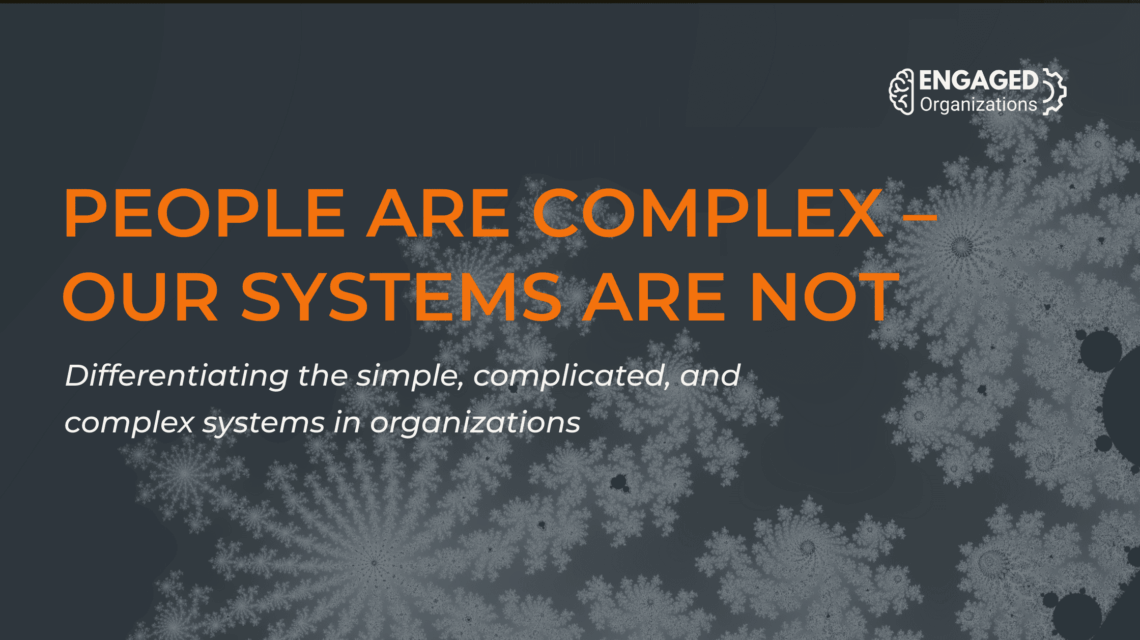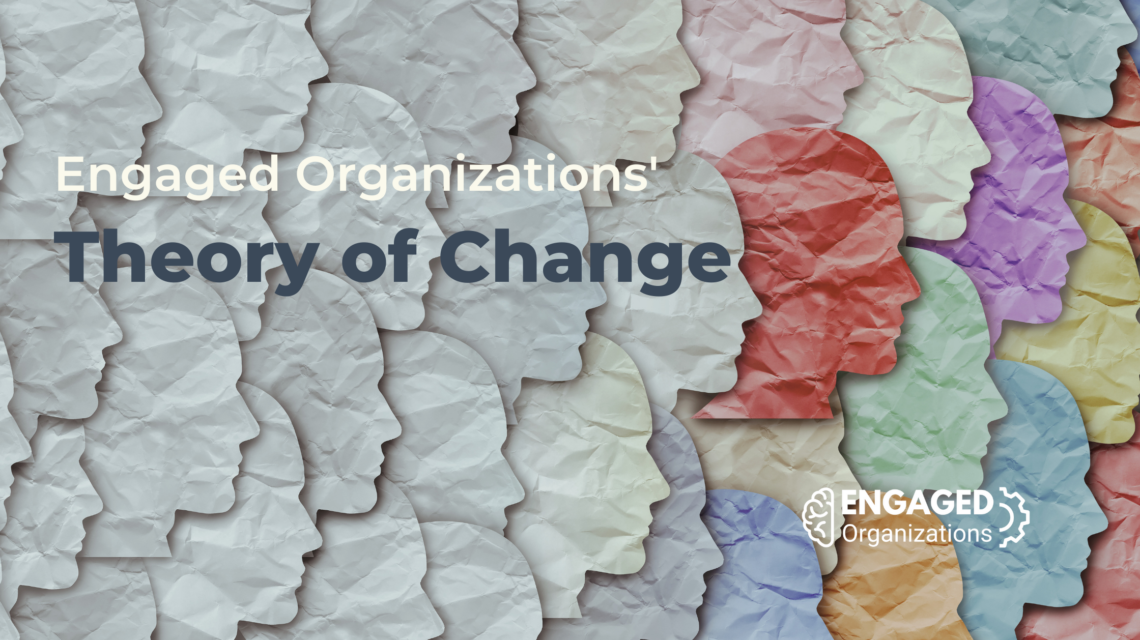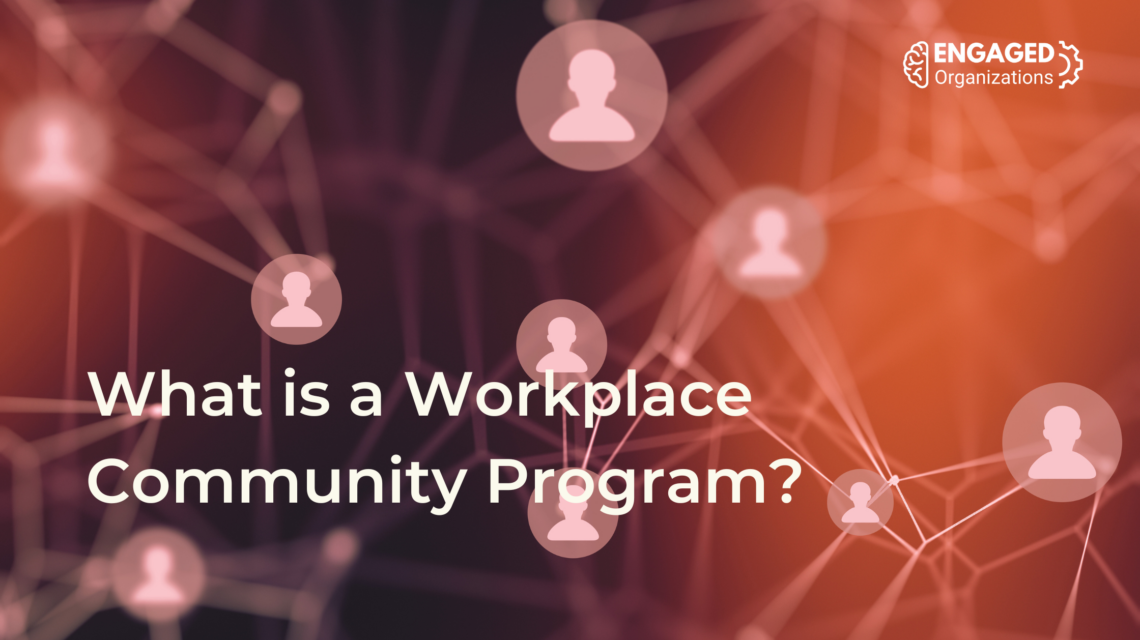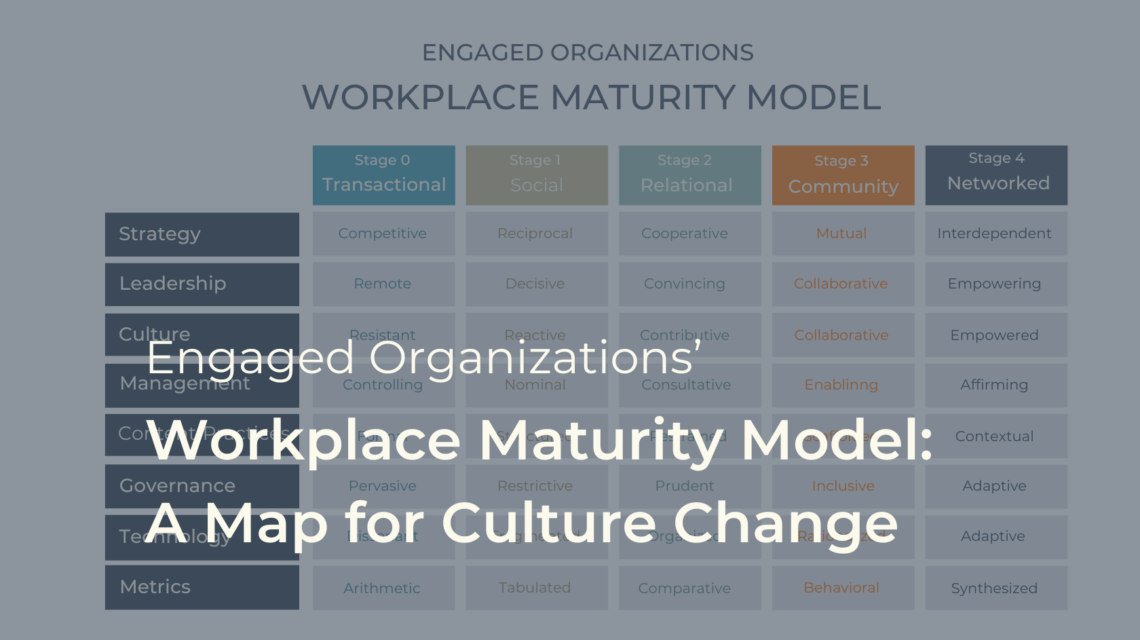
Differentiating the simple, complicated, and complex systems in organizations As a new industry analyst at IDC, my boss and mentor Sue Feldman recommended I read Complexity: The Emerging Science at the Edge of Order and Chaos, by Mitchell M. Waldrop. It blew my mind and set me off on a path that would forever change how I think about
read more




